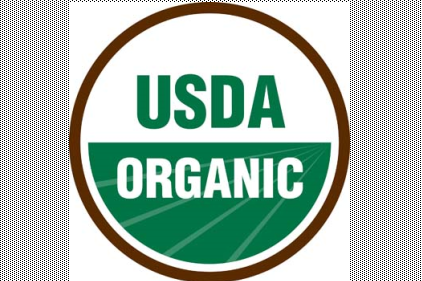Organic processed products certified in the United States or Korea can now be labeled as organic in either country, the U.S. Trade Representative announced today. American organic farmers, processors and businesses will have greater access to Korea’s growing market for organic products.
The arrangement, which takes effect on July 1, covers milk, organic condiments, cereal, baby food, frozen meals and other processed products. According to U.S. industry estimates, exports of organic processed products from the United States are valued at approximately $35 million annually.
The Organic Trade Association said the arrangement “reopens a critically important Asian market for U.S. organic processed food products, and will create jobs and opportunity for the American organic food and farming sector.” The OTA said the value of exports could double in five years.
“America’s organic farmers and businesses have a reason to celebrate,” said Ambassador Michael Froman, U.S. Trade Representative. “We are committed to unlocking new opportunities for Americans and through this work we are delivering for the communities that depend on agricultural products. This deal serves as another foundation for future organic trade arrangements between the United States and other partners.”
Korea is a growing market for U.S. organic products
“Korea is a growing, lucrative market for U.S. organic products, and this arrangement increases demand for American organic products,” said Tom Vilsack, Secretary of Agriculture. “This is another chapter in the success story of organic agriculture, which provides more economic opportunities for American producers, more choices for consumers, and more jobs in rural communities across the country.”
"We extend our thanks and congratulations to the officials at the U.S. Department of Agriculture and the Office of the U.S. Trade Representative for their success after a year of rigorous negotiations," said Laura Batcha, CEO and Executive Director of OTA. "OTA and the U.S. organic industry have worked diligently to help make this happen. This new pact streamlines the trade of organic processed food products between the two countries while still upholding the highest standards of organic oversight. It's a win for the organic sectors and for the consumers of both nations."
Without this equivalency arrangement in place, organic farmers and businesses wanting to sell organic processed products in either country would have to obtain separate certifications to meet each country's organic standards. This typically has meant two sets of fees, inspections, and paperwork, and delays for U.S. farmers and businesses trying to export.
This is the second organic equivalency partnership formed with a major Asian trading partner within the past year. Last September, the United States and Japan agreed to a similar understanding regarding the bilateral trade of organic products, the OTA stated. Batcha said the progress in Asia builds on the landmark equivalency arrangements with Canada in 2009 and the European Union in 2012, the two biggest trading partners for U.S. organic agriculture.
Organic food market in Korea could be $6 billion by 2020
The organic food market in Korea grew by an average rate of 50% from 2006 to 2011, and is expected to expand to $6 billion by 2020. In 2011, organic food represented 10% of the total agricultural products market in the country. Koreans are eating more organic packaged foods, organic beverages (especially organic green tea), as well as organic milk and yogurt, along with organic baby food, sweets and bread.
Batcha said that while the robust organic market in the United States has created jobs in the organic sector at four times the national rate, exports are critical for farmers and processors and will spark additional growth.







